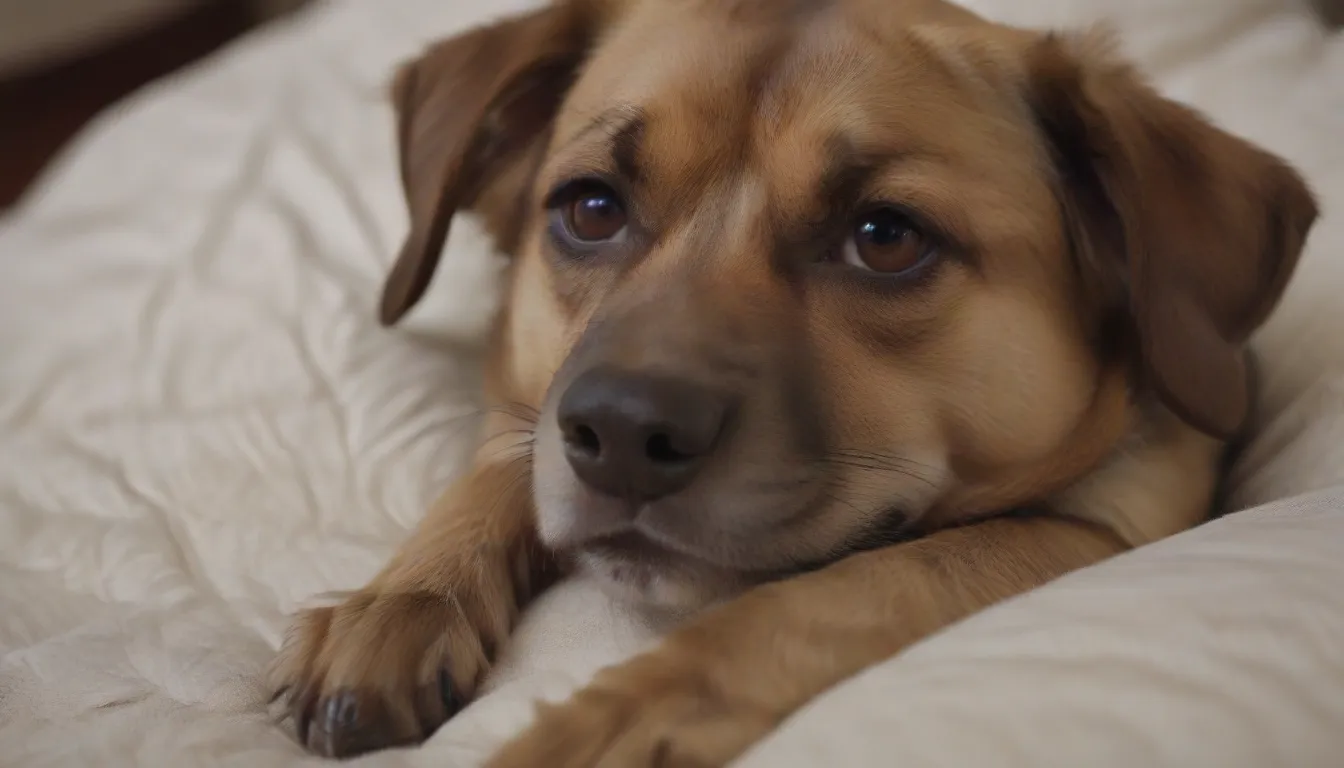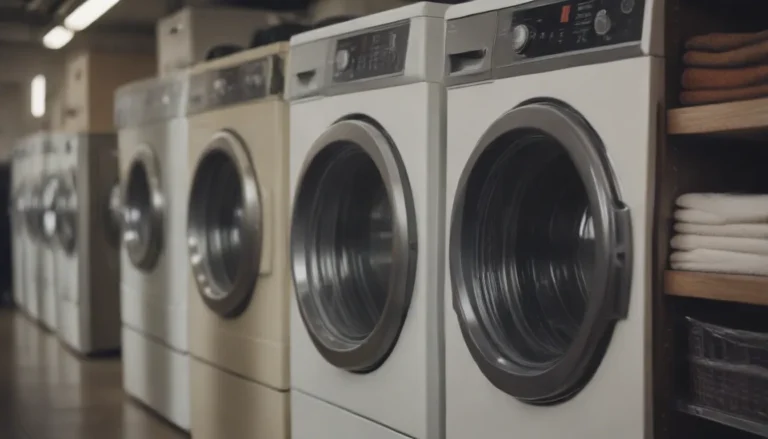The Comprehensive Guide to Bed Bug-Sniffing Dogs: Accuracy, Cost, and Hiring Tips

Bed bug-sniffing dogs have gained popularity in recent years for their ability to detect bed bugs in homes, hotels, and businesses. These specially trained canines use their keen sense of smell to identify live bed bugs and viable eggs. If you’re considering hiring a pest control company that offers bed bug-sniffing dog services, you may be wondering about the accuracy of these dogs and the associated costs. In this guide, we’ll explore the facts surrounding bed bug-sniffing dogs, their accuracy rates, and essential tips for hiring them.
What Are Bed Bug-Sniffing Dogs?
Bed bug-sniffing dogs are trained canines that have undergone specialized training programs to detect the presence of bed bugs in various environments. Handlers use positive reinforcement techniques to train dogs to recognize the distinct scent of bed bugs. Beagles are commonly preferred for this task due to their exceptional sense of smell and ability to trap scents with their low-hanging ears. However, other breeds, such as Labrador retrievers, German shepherds, and Belgian shepherds, can also be trained for bed bug detection.
Are Bed Bug-Sniffing Dogs Accurate?
The accuracy of bed bug-sniffing dogs has been a subject of debate, with studies showing varying results. While some studies have reported high accuracy rates, others have shown lower success rates for these detection dogs. For instance, a 2014 study revealed that bed bug-sniffing dogs were accurate only 44% of the time, with a false-positive rate of 15%. In contrast, a 2008 study by the University of Florida found that properly trained canines had a 98% success rate in distinguishing bed bugs from other insects.
Studies have shown that dogs have a remarkable capacity for odor detection, making them valuable assets in pest detection. Their ability to detect live bed bugs, viable eggs, and distinguish them from other insects with high accuracy makes them effective tools in pest management.
Benefits of Bed Bug-Sniffing Dogs
Bed bug-sniffing dogs offer several advantages over traditional pest detection methods. Some of the key benefits include:
- Finding pest locations: Bed bug-sniffing dogs can quickly locate bed bugs in various areas, including furniture, bedding, and walls.
- Early detection: Dogs can detect bed bugs at an early stage, helping prevent infestations from spreading.
- Fast scanning: Dogs can scan large areas quickly, making them efficient in identifying pest infestations.
How to Hire Bed Bug-Sniffing Dogs
When hiring bed bug-sniffing dogs for pest detection, it’s essential to consider a few key factors to ensure the best results. Here are some tips for hiring bed bug-sniffing dogs:
- Require visual evidence: Ask for visual confirmation of any alerts made by the detection dogs to verify the presence of bed bugs.
- Ask for a “second opinion”: Consider getting a second opinion from another detection dog team to validate the initial findings.
- Set traps where dogs make an alert: Set traps in areas where dogs have detected bed bugs to capture and confirm the presence of these pests.
- Ask for pest control certification: Ensure that the pest control company and their detection dogs are certified and have the necessary training for accurate detection.
National Pest Management Association Recommendations
The National Pest Management Association (NPMA) recommends the use of specially trained canine scent detection teams for detecting bed bugs in certain circumstances. While bed bug-sniffing dogs can be effective in identifying bed bug infestations, the NPMA advises against relying solely on these dogs for pest detection. The association emphasizes the importance of confirming alerts made by detection dogs through visual inspections or using a second canine team.
The NPMA has also developed Best Management Practices for Bed Bugs, a guidance document for pest control professionals that outlines best practices for bed bug management. Pest control professionals are encouraged to follow these guidelines closely to ensure effective bed bug control and prevention.
Conclusion
In conclusion, bed bug-sniffing dogs can be valuable assets in detecting and managing bed bug infestations. While their accuracy rates may vary, properly trained detection dogs can offer fast and efficient pest detection services. When considering hiring bed bug-sniffing dogs, be sure to inquire about their training, experience, and certification to ensure reliable results.
Remember that while bed bug-sniffing dogs can detect the presence of bed bugs, visual evidence and verification are essential before initiating any treatment. By following the tips and recommendations outlined in this guide, you can make an informed decision when hiring bed bug-sniffing dogs for pest detection in your home or business.
References:
– Jenkins EK, DeChant MT, Perry EB. (2018). “When the nose doesn’t know: canine olfactory function associated with health, management, and potential links to microbiota.” Front Vet Sci.
– Pfiester M, Koehler PG, Pereira RM. (2008). “Ability of bed bug-detecting canines to locate live bed bugs and viable bed bug eggs.” J Econ Entomol.
– Canine Scent Detection: Certification Testing. National Pest Management Association.
– How much does bed bug extermination cost? Angi.
– ABC’S 20/20 AIRS BED BUG CANINE SEGMENT. National Pest Management Association.





